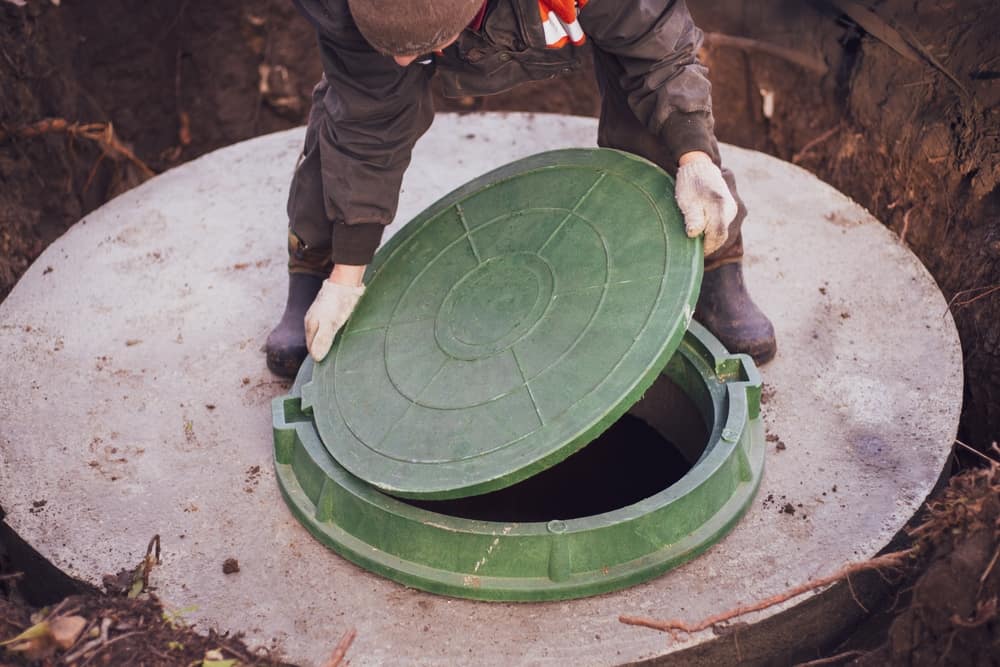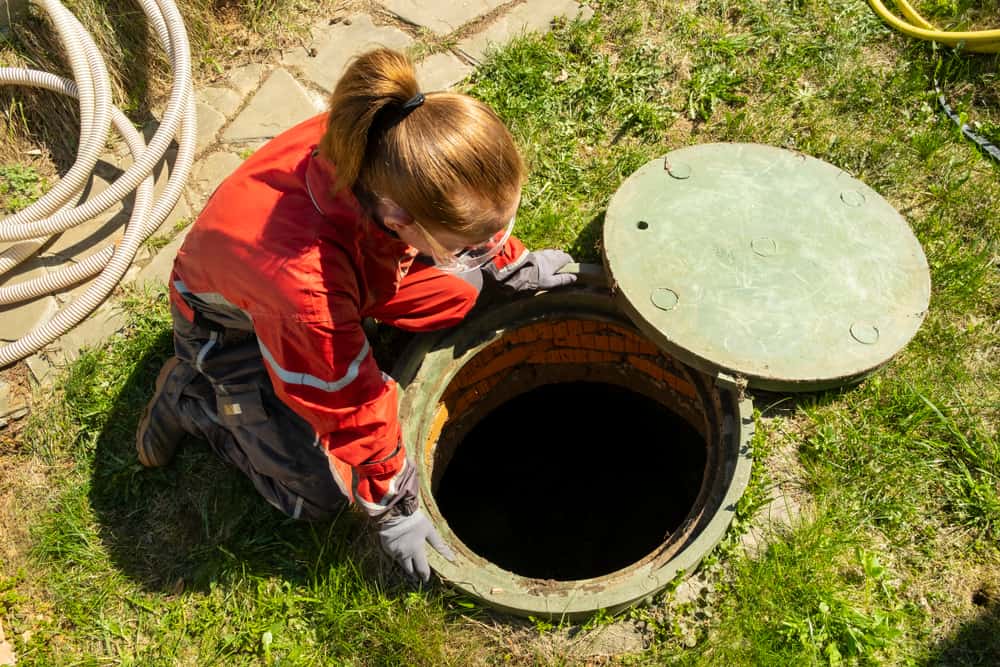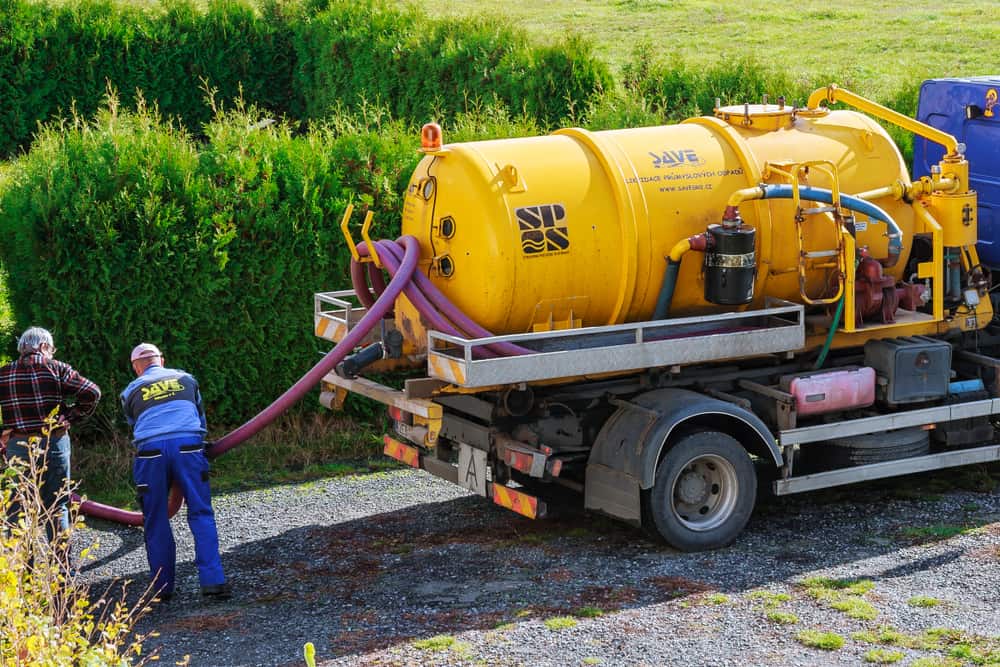What our clients say




Understanding the Importance of Cesspool Maintenance in Glen Cove, NY
Why Regular Cesspool Maintenance is Essential for Glen Cove Residents
When it comes to ensuring the safety and cleanliness of our homes in Glen Cove, NY, it’s crucial to pay attention to our cesspools. Regular cesspool maintenance is not just about preventing unpleasant odors and back-ups. It’s about safeguarding our community’s health and the environment in Nassau County.
Cesspools are an integral component of many households in Nassau County. Over time, they can experience wear and tear, leading to potential hazards. EZ Cesspool has provided comprehensive Cesspool Maintenance services in Glen Cove, NY, ensuring that homes remain hygienic and safe. Our vast experience in Cesspool Repair and Cesspool Installation means that we understand the intricate needs of these systems.
When neglected, cesspools can lead to ground contamination and water pollution, issues that directly affect Glen Cove residents. Therefore, partnering with a trusted company like EZ Cesspool becomes imperative. Our team not only ensures that your cesspool functions optimally but also guarantees a longer lifespan for your system.


Key Services Offered by EZ Cesspool in Nassau County
In Nassau County, there’s a reason why homeowners continuously trust EZ Cesspool for all their cesspool needs. Our services range from routine Cesspool Maintenance to intricate Cesspool Repair and reliable Cesspool Installation.
- Cesspool Maintenance: Regular maintenance ensures the efficient operation of your cesspool. Our team performs thorough inspections, identifying potential issues before they become major concerns. With EZ Cesspool, you can be assured that your cesspool will function seamlessly, minimizing risks and costs in the long run.
- Cesspool Repair: Even with regular maintenance, wear and tear are inevitable. When issues arise, our experienced team swiftly provides repairs, ensuring minimal disruption to your daily routine in Glen Cove, NY.
- Cesspool Installation: Whether you’re constructing a new home or upgrading an old cesspool system in Nassau County, we’re your go-to experts. EZ Cesspool boasts a track record of durable and efficient installations, setting the foundation for years of hassle-free usage.
For any cesspool related inquiries or to schedule a service, do not hesitate to contact us at 516-676-1199. Our dedicated team is always ready to assist residents of Glen Cove, NY.

Why EZ Cesspool is the Preferred Choice in Glen Cove
With numerous companies offering cesspool services in Nassau County, one might wonder, why choose EZ Cesspool? Our reputation in Glen Cove, NY, is built on several pillars:
- Experience & Expertise: With years under our belt, we’ve tackled diverse cesspool challenges, making us adept at addressing any situation.
- Client-Centric Approach: For us, it’s not just about fixing a problem. We believe in educating our clients, ensuring they understand the importance of cesspool care in Glen Cove, NY.
- Quality Assurance: Our work speaks for itself. We use only the best materials and techniques, ensuring longevity and safety.
- Prompt Response: We understand that cesspool emergencies can’t wait. Our team is always on standby, ready to address your needs. Simply give us a call at 516-676-1199.
In conclusion, the well-being of our community in Glen Cove, NY, and the broader Nassau County is intertwined with the state of our cesspools. It’s not just about convenience, but a responsibility to our environment and future generations. And in this mission, EZ Cesspool stands as your reliable partner.
Contact Us
Glen Cove is a city in Nassau County, New York, on the North Shore of Long Island. At the United States 2010 census, the city population was 26,964, and 27,166 at the 2019 American Community Survey.
Useful links for Glen Cove, NY
Call Us Today!!
EZ CESSPOOL
We’re Available 24/7 For Emergencies – Ranked #1 Best Service – Residential & Commercial Cesspool Inspections
